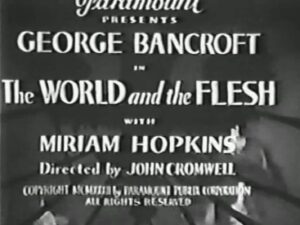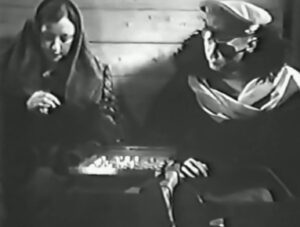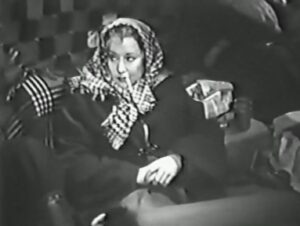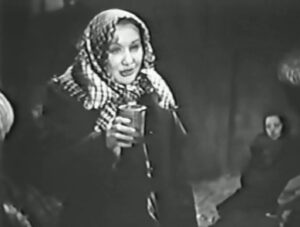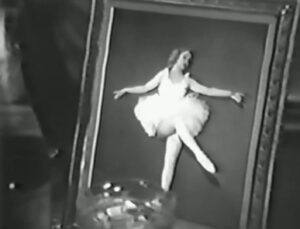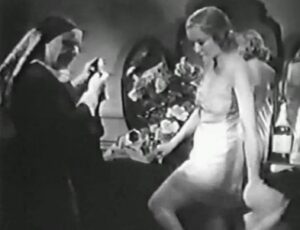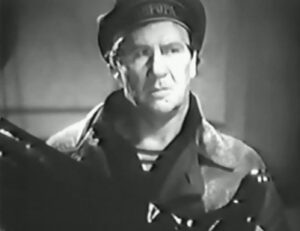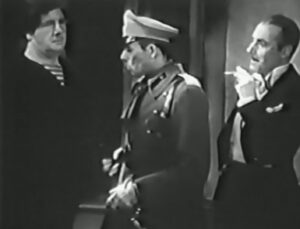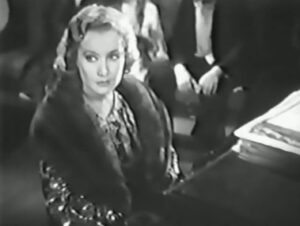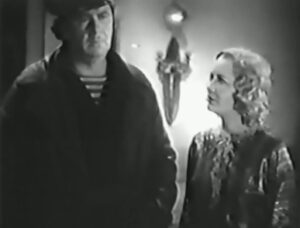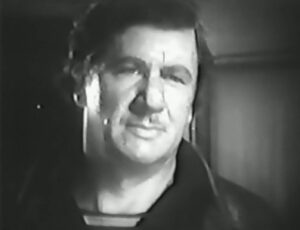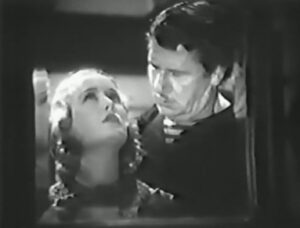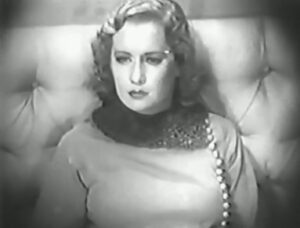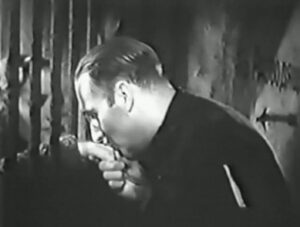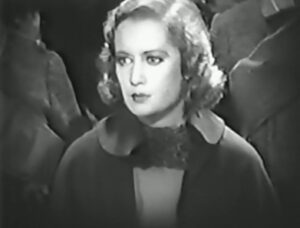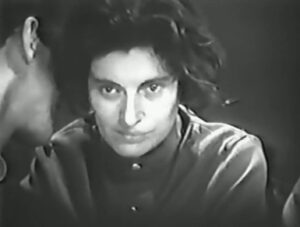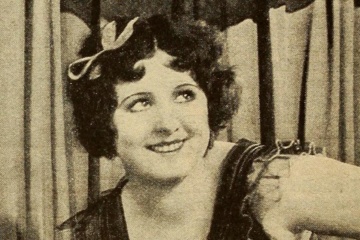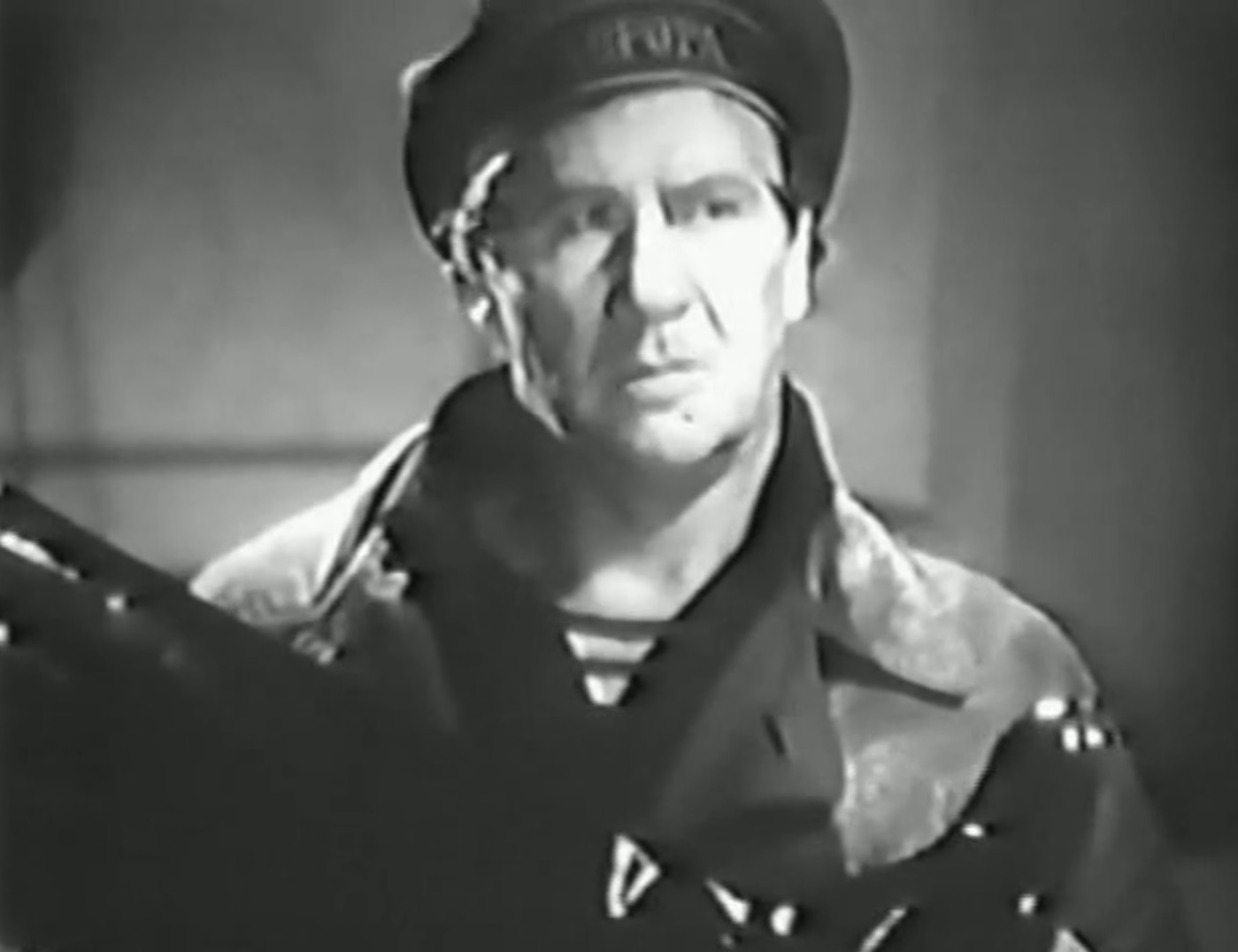 |
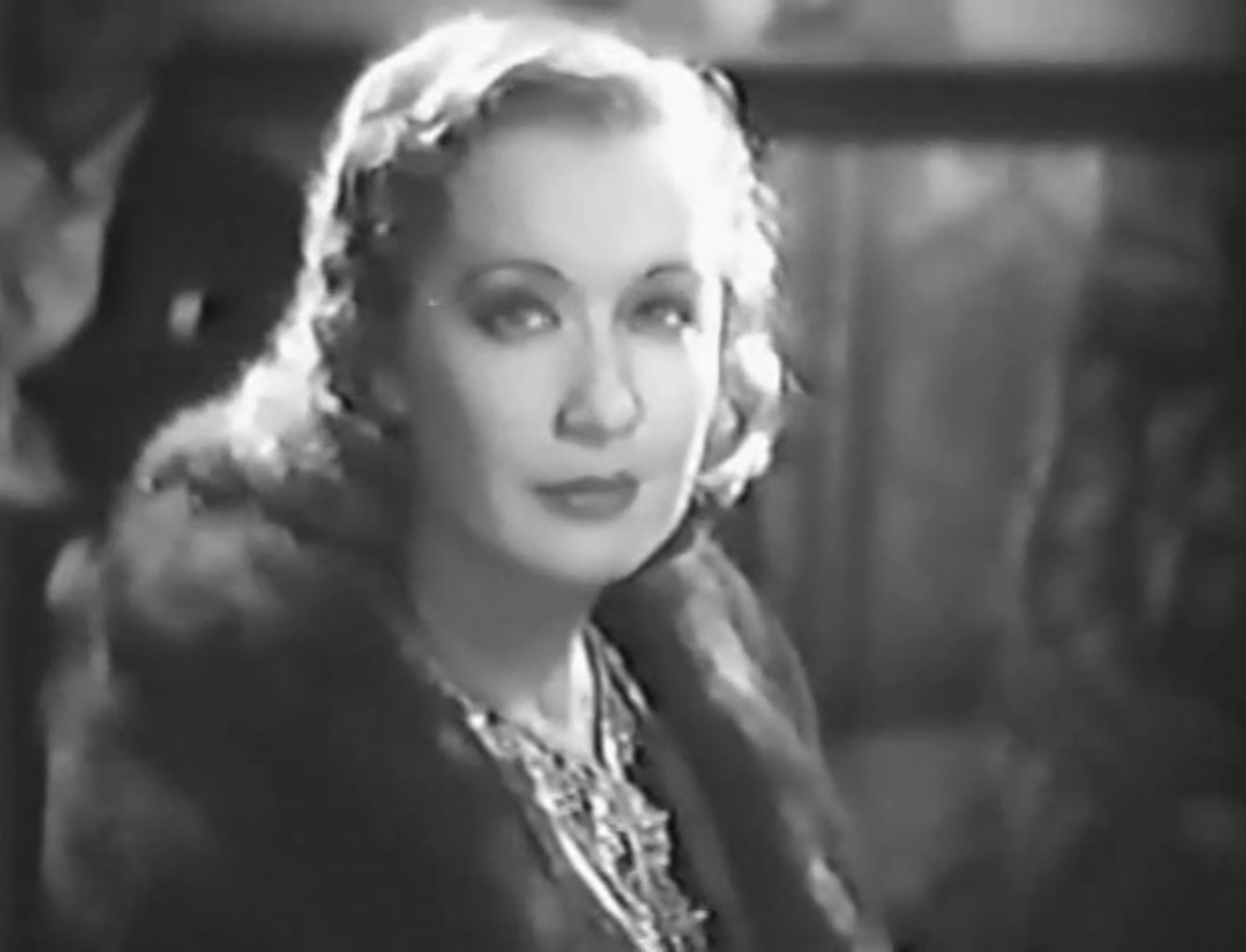 |
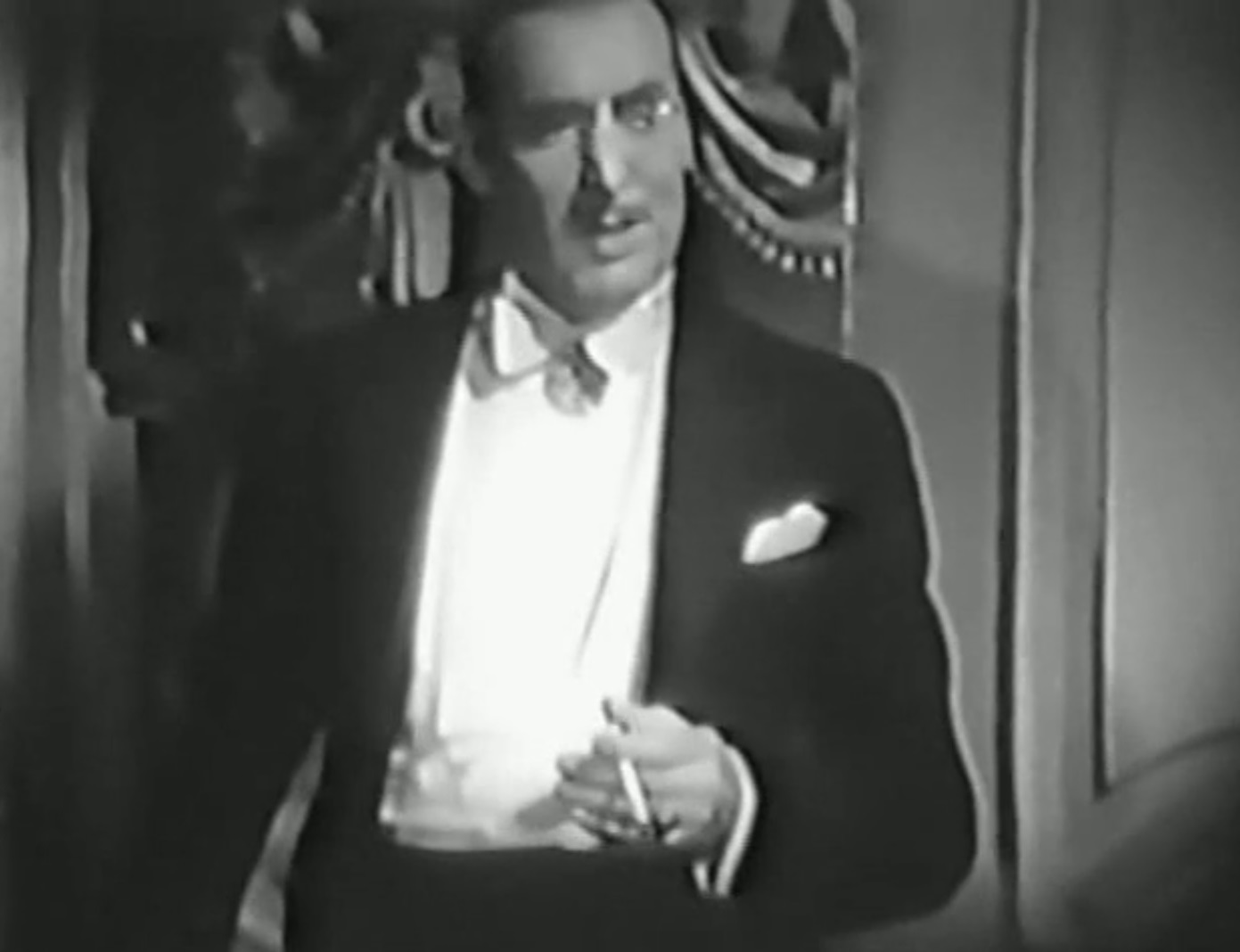 |
| Kylenko George Bancroft |
Maria Miriam Hopkins |
Dmitri Alan Mowbray |
| Released by Paramount Directed by John Cromwell Run time: 72 minutes |
||
Proof That It’s a Pre-Code Film
- The plot hinges on a single night of lovemaking where Maria must seduce and distract Kylenko from his duties as a sailor. When he later finds out that her acts were part of a plot to betray him, he renegs on his promise of her safety and hisses, “At least I only lied with my lips.”
The World and The Flesh: Community Property
“The cheap gesture of an aristocrat. Not that of a woman who danced her way up from the slums. You belong with us– the people!”
“The people? What did they ever do for me? They’ve given me nothing but emptiness, ugliness, hatred. I belong to nobody!”
Back in college, I took a pair of courses– Imperial Russian History and Soviet Russian History. Both were taught by a kindly old professor, one of those “I’m two weeks from retirement!” types, who gave us massive tomes of text to read and then showed up at each class with a notecard of bullet points. Each bullet was a story he was going to tell our class that day, and so he would tell his stories and we’d ask our naive Midwesterner questions and he’d laugh.
He was the last Russian history professor at my college since, hey, no one was really going to be that interested in Russian history now that the Cold War was over, right? These were some of my favorite classes in college, though, and I can still vividly remember some of his stories as he weaved tales of the Tsars and the Revolution. But my favorite moment was him showing slides of his trips to Russia and talking about Siberia. “It’s actually quite lovely! You just needed a good coat.”
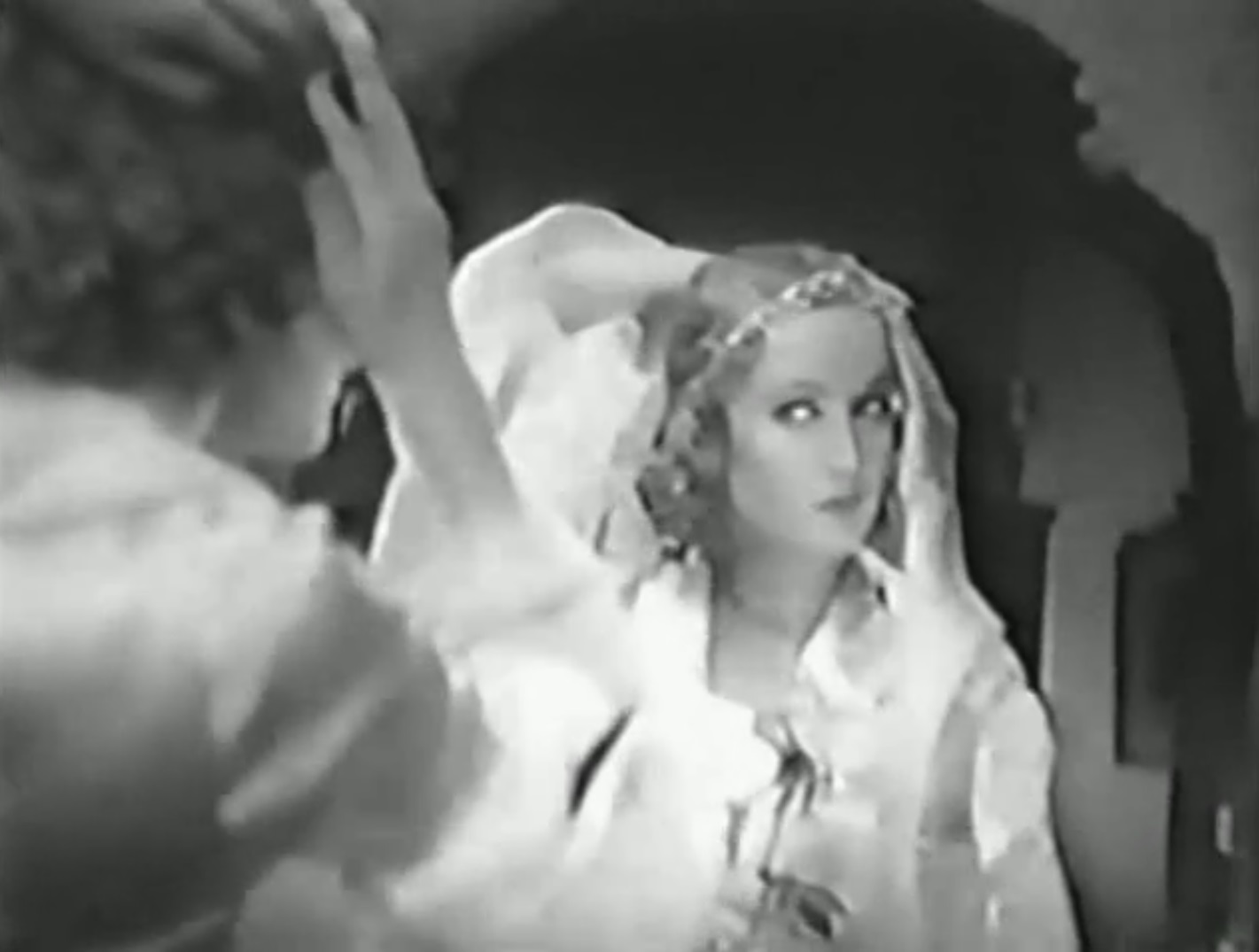
I thought back to those warm fuzzy memories of school while watching The World and The Flesh, which takes then-recent Russian history and grafts an unholy romance plot onto it. The film does have some spectacular flair but completely keels over plot-wise, like the scriptwriter had sucker punched it in the stomach and walked away.
As the Communist Revolution sweeps through Russia, a group of supporters of the Tsar (the Whites as opposed to the Communist Reds) are fleeing towards Sevastopol near the Black Sea via train car. Among them is Maria (Hopkins), an actress wearing a heavy coat with jewels bulging out of her hidden pockets. There’s also Dmitri (Mowbray), one of the most elite of the Russians and one of the most condescending, as well as Rutchkin (George E. Stone), a weaselly intellectual only interested in his own survival.
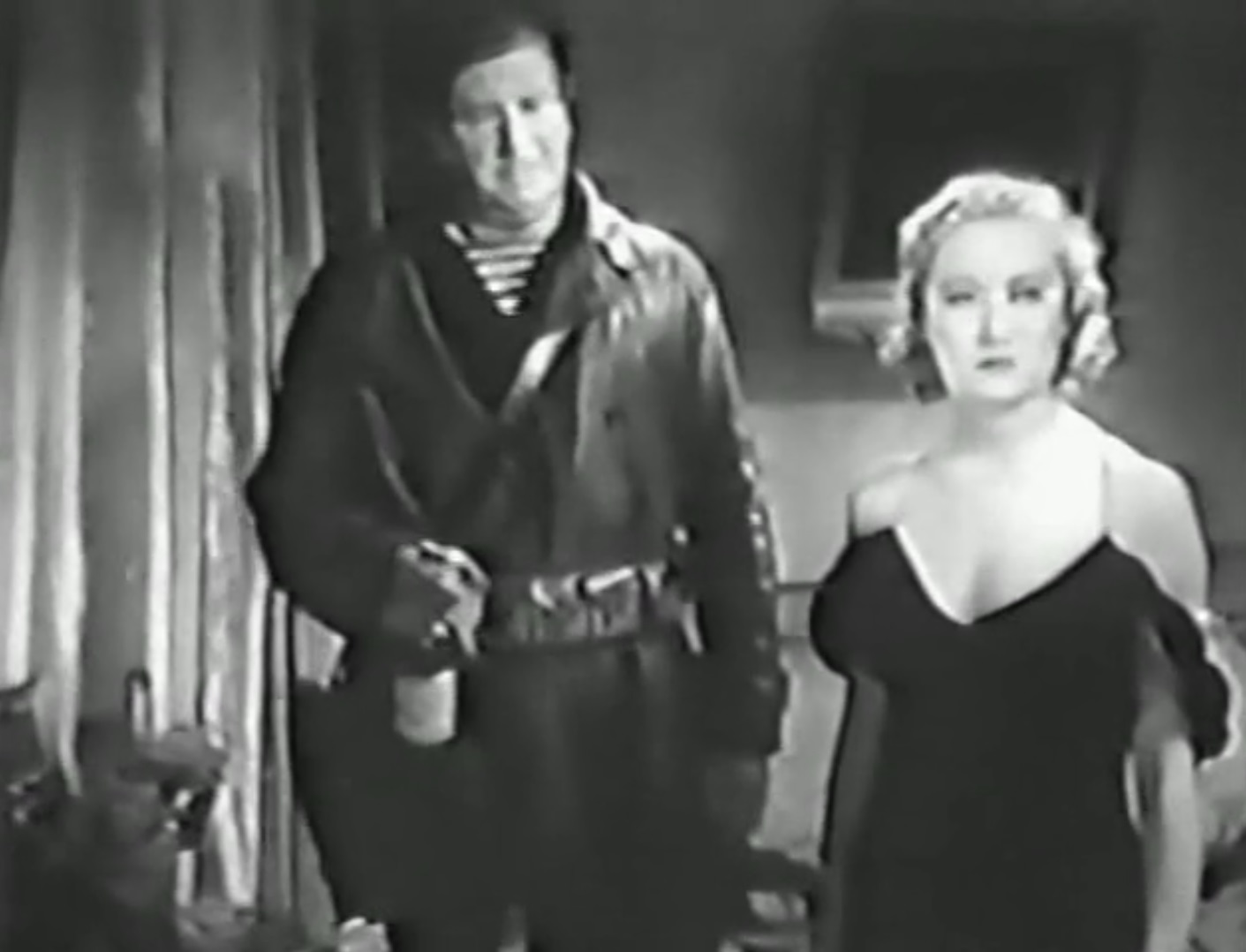
Upon arriving in a safe city, the group dines at a luxurious restaurant until a Red naval commander named Kylenko (Bancroft) bursts in and takes them prisoner. Kylenko immediately takes to Maria, who had worked her way up from the impoverished Russian underclass, though she has no time or enthusiasm for him. She’s made it big and has no interest in helping her comrades out.
Kylenko is quickly captured by a naval ship of Whites and forced to work in the boiler room. The Whites steam towards Sevastopol and safety, but Kylenko stages a brief mutiny and takes over the boat, threatening to send it back to Red territory. The Whites onboard know if they are taken there, they will be killed, so they beg Maria– spend the night with him. Seduce him. Keep him busy so one of the sailors can fudge the compass and we may turn the ship back to safety.
Maria’s dilemma is of the same sort we see in a lot of pictures of this era, from Mata Hari to Dishonored and more, where the woman’s body must be sacrificed for the greater good. Of course, while Maria is laying in Kylenko’s bed, director John Cromwell cuts to the Whites playing poker back in the lounge, laughing jovially.
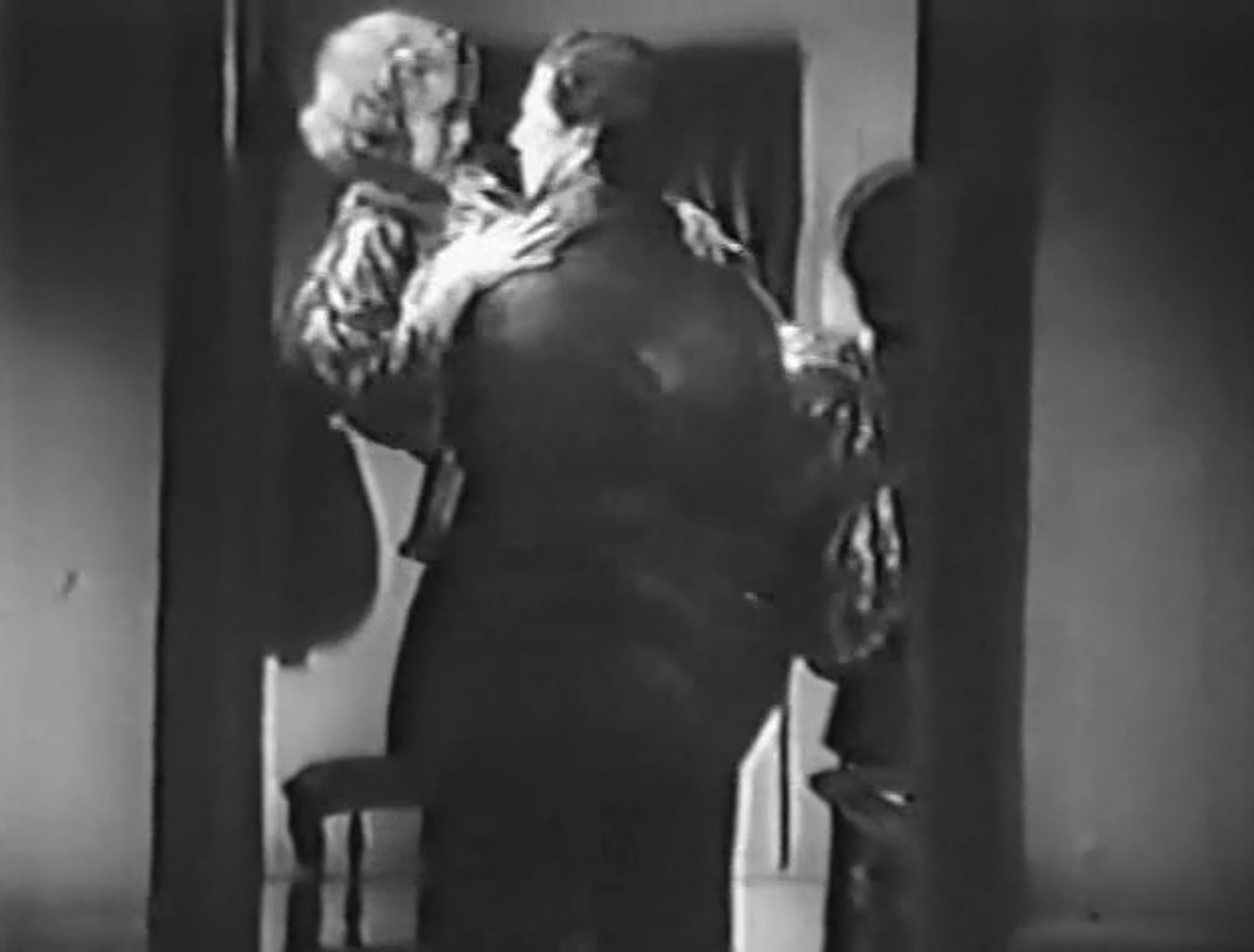
Since something has to give the movie a sense of meaning, Kylenko and Maria’s night of lovemaking leads them to develop a sudden sense of intimacy for one another. In this crazy, mixed-up world, after all this time spent either trying to murder or rape one another, they suddenly both become emotional traitors to their sides in a bloody. How do they escape this alive?
I left out a number of reversals of fortune here, with either Kylenko getting captured or Maria getting captured as this happens over and over again in the film, to almost comic absurdity. The film’s plot has a destination, but it can’t seem to take a breath for five minutes and actually let us get to know the characters.
Bancroft’s role here is the sort of part Wallace Beery could have chewed up and spit out with aplomb, but Bancroft lacks Beery’s ability to create an internal life to the character. Too often Bancroft is either boisterous or cowed, with little in-between. It makes Kylenko as a hard character to take, as his motivations are too easily scrapped for convenience and his harder edges softened considerably for the romantic plot. There is nothing inherently interesting about him.
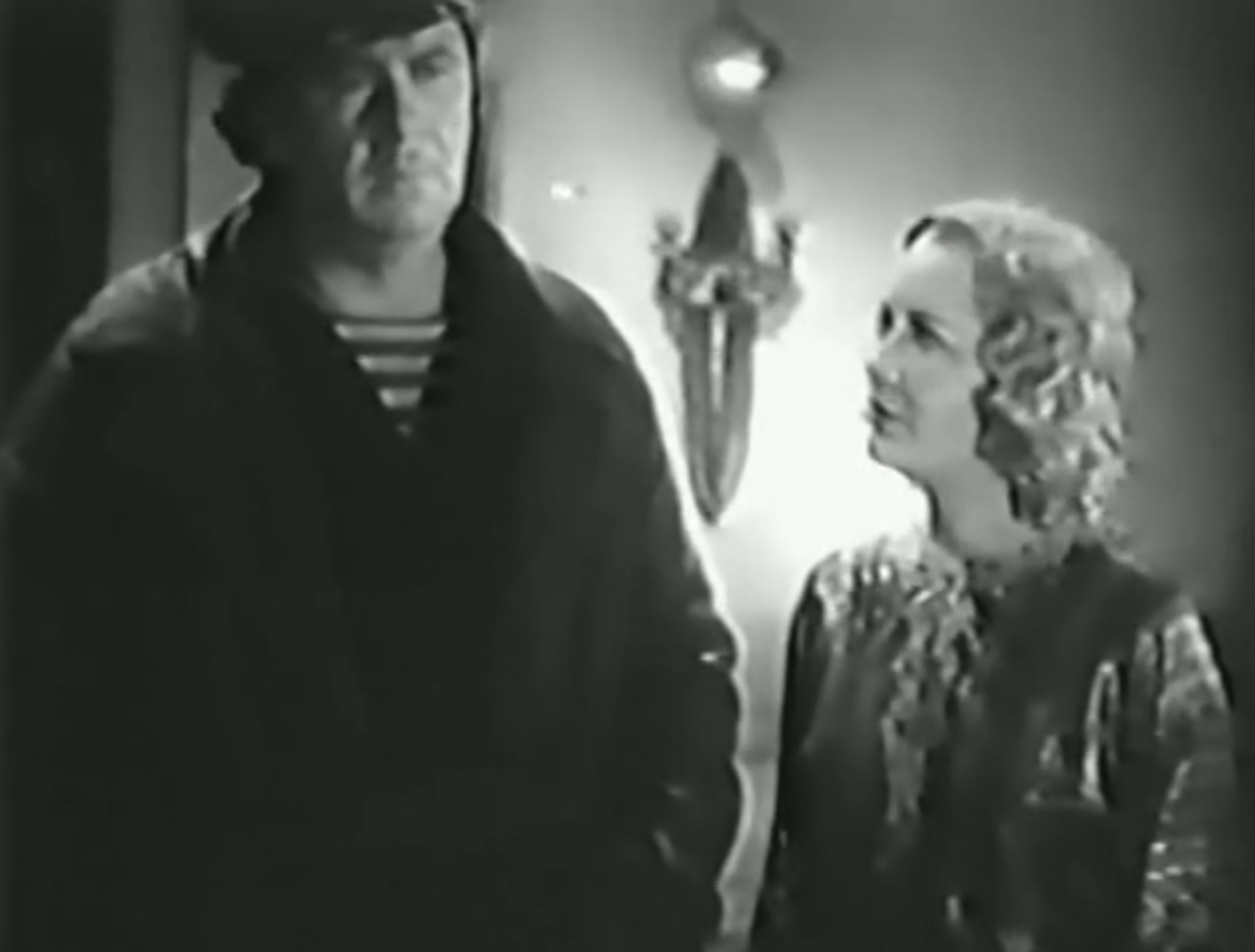
Hopkins’ transformation as Maria is just as hard to believe, but you can at least go along with her the first few acts of the picture as the detached but mercenary dancer– Hopkins has this fantastic cold glare that could melt the screen. But when the two fall in love, it makes her less interesting; mostly because it doesn’t really change her. It’s not that some bedroom rumpus has opened her eyes to the class distinctions she’s been ignoring, but now she just enjoys sex with this one bumpkin and she’s out to help him now. It is not dramatic, nor interesting, to see play out, especially as several more reversals of power unwind through the film’s meek running time.
Director John Cromwell (Ann Vickers, Of Human Bondage) does give the film a healthy dose of atmosphere and includes a number of beautiful sequences. The film opens with an exciting montage of the horrors of the Russian Civil War, including one evocative moment where ink spills across a map to show how the fortunes have turned, Later in the film, when Bancroft his giving his big speech about freedom and love, Cromwell keeps his camera on the tribunal he’s facing and their mocking snickers held under their breaths.
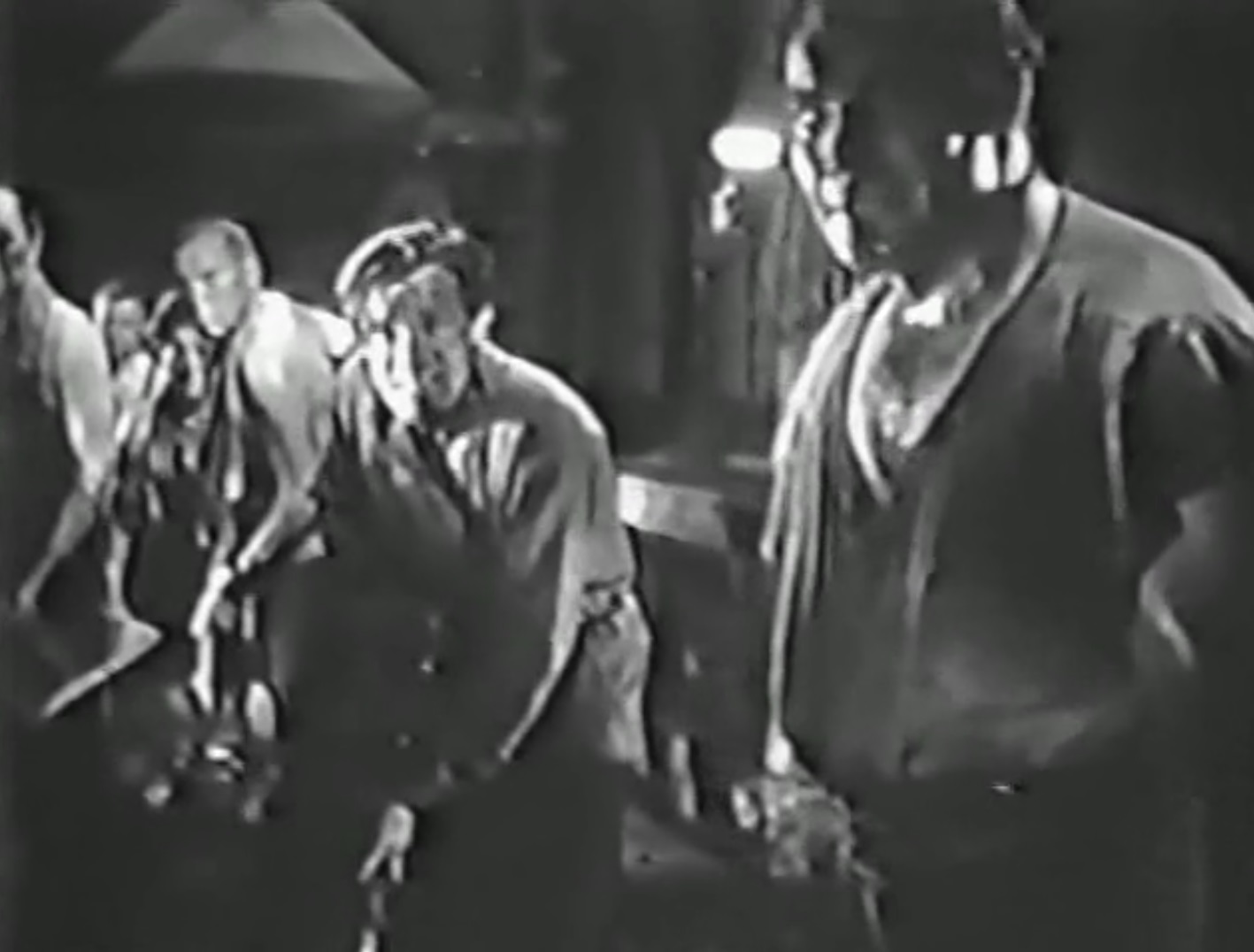
But the best and most intense sequence in the film is one I mentioned earlier, where the Whites are in attendance at a beautifully appointed restaurant and served the finest foods. They suddenly find peasants entering the building, who stare at the food and poke at the comfortable chairs. The Whites are aghast, with Maria even refusing to acknowledge this sudden intrusion of reality into their comfortable world. It’s a great exploration of the gulf between the have and have-nots told with hardly any dialogue.
This sequence also helps underline the central problem with The World and The Flesh, and that after a sequence like that, the movie is still too squeamish to take any sides. We’re instead shown that the Reds and their immutable tribunals are just as unsavory as the Whites and their horded wealth. Putting the focus on the problematic central romance and then giving the picture one of the dopiest happy ending I’ve ever seen only compound all of the issues with the film. For all its finesse and gusto, it’s terrified of making a point and sticking with it. Coupled with Bancroft’s weak central performance, this is a film well worth send to Siberia. Without a coat.
Screen Capture Gallery
Click to enlarge and browse. Please feel free to reuse with credit!
Other Reviews, Trivia, and Links
- Mordaunt Hall in the New York Times finds it passable:
Although there is precious little subtlety about this film, it at least conveys a suggestion of what happened, and there is a good impression of the anxiety of the travelers to get away from danger. […] Mr. Mowbray gives an excellent performance as the duke. His lines are better written than those for the rôles played by Mr. Bancroft or Miss Hopkins.
Awards, Accolades & Availability
- This film is an obscure one, with no official release as far as I know. But, hey, it is on YouTube at the moment:
More Pre-Code to Explore
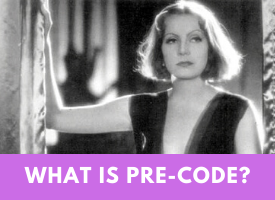 |
 |
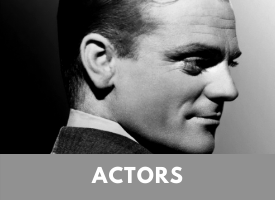 |
 |
 |
 |

